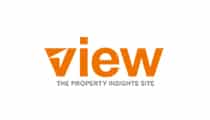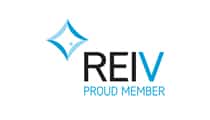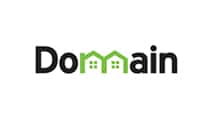In 1997 it was announced that every residential property in Victoria must have smoke alarms installed. How many smoke alarms required depends on the floor plan of each property, the property construction type and how many levels the property has.
Over 10 years had passed since the introduction of this law and it became evident that many smoke alarms in residential properties were past their expiry date! Most smoke alarms have at most a 10 year expiry date however, the importance of periodic maintenance is vital. There are a number of factors that could effect the operation of the alarm which could be deadly. Periodic maintenance is needed to ensure the correct operation for the purpose of the smoke detection and to ensure the alarms operate as intended by the operator. Dust, small bugs etc can render smoke alarms making them much less effective in detecting smoke.
It is the REIV and Building Commission who have identified the landlord as responsible for the installation of smoke alarms and their maintenance in residential properties. Periodic smoke alarm maintenance is now built into every REIV management authority for landlords to provide their agent with approval to proceed with the services on their behalf. Although the REIV recommend smoke alarms in rental properties are regularly maintained by a contractor, this is not an obligation of a landlord. However, it is the landlords responsibility to ensure their premises comply with relevant building codes, including the correct installation of smoke alarms.
At Living Melbourne Property, we use the services of Smart House to take care of the smoke alarm maintenance on our rental properties.
Smarthouse provide a clear and hassle free solutions to ensure legal compliance is met with minimal impact on your time:
- Property inspection, installation and testing in line with current smoke alarm legislation and standardsProperty inspection, installation and testing in line with current smoke alarm legislation and standards
- Annual battery replacement, or as required to comply with safety standards
- Smoke alarm replacement every 10 years, or as required (if faulty or expired)
- Cleaning of smoke alarm and surrounding area
- Decibel testing using the latest technology
- Regular smoke testing to ensure effective operation of smoke alarm
- Date of inspection recorded to ensure ongoing compliance
- Information provided to resident once visit is complete and signature captured to indicate work completion
- Clear record of compliance date and activity and processes for property managers.
For landlords, the consequences of not having a smoke alarm can be disastrous.








